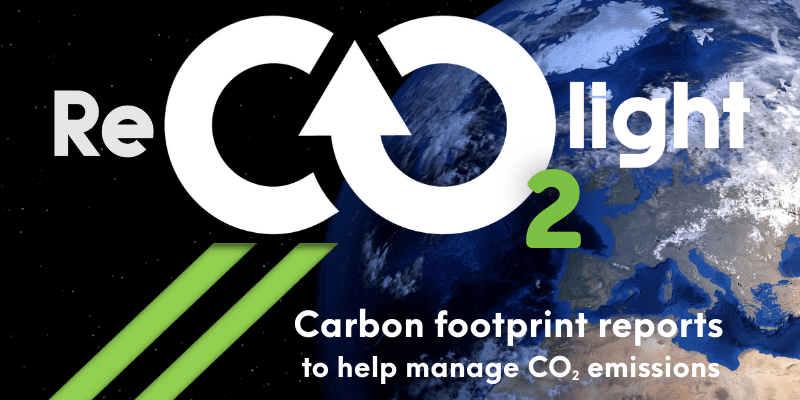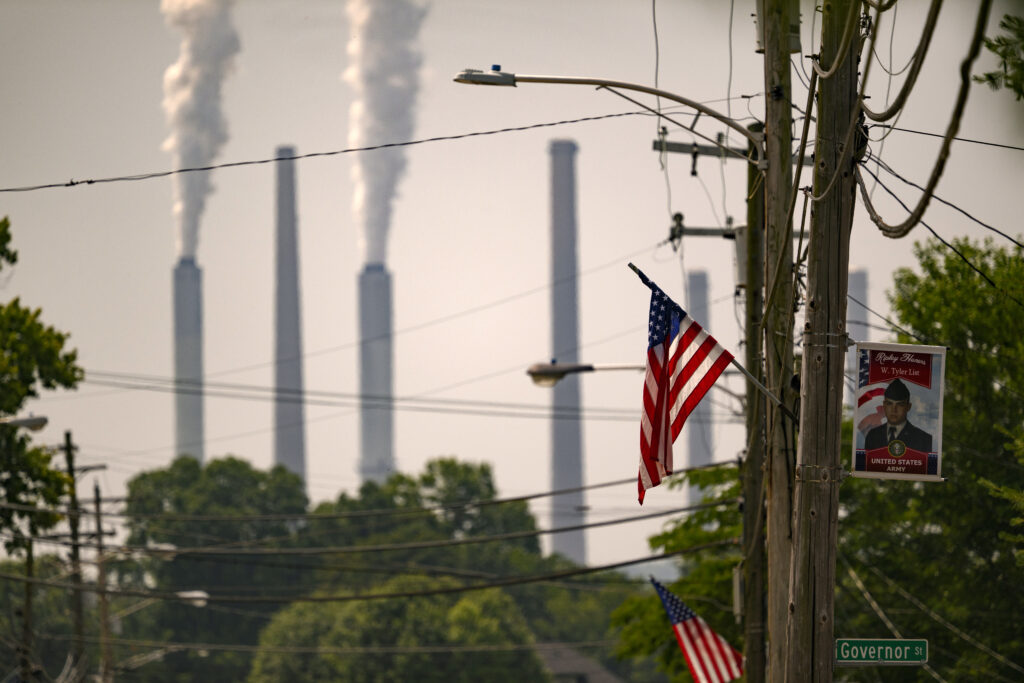Countries often inflate their emissions forecasts on which they base their climate pledges, according to new research from Vienna University of Economics and Business (WU).
The pledges of many countries to reduce carbon emissions essentially don’t require them to deviate from business-as-usual trajectories, at a time when global climate targets can no longer be achieved unless drastic measures are taken.
The ways in which countries project their emissions is “riddled with pitfalls,” said Professor Crespo Cuaresma. He and his fellow researcher, Lukas Vashold, developed a new model which they say produced realistic projections under business-as-usual assumptions for the greenhouse gas emissions of 173 countries and five main sectors up until the year 2050.
Nations produce forecasts for emissions and define their reduction targets in relation to their own forecasts, reported at UN climate conferences, but when these forecasts are compared with the model, major discrepancies arise in the data of some countries.
Indonesia, Iran, and Turkey, for example, project emission levels that exceed the model’s figures by as much as 50 percent or even more.
“These countries are probably overstating their emissions forecasts to make their planned reduction measures look more effective,” says professor Crespo Cuaresma. “From an economic perspective, this is exactly what you would expect to see: There are incentives to go this route, so this is what countries do.”
According to Crespo Cuaresma, establishing an independent scientific watchdog organisation would be one possible way of eliminating these economic incentives and stepping up efforts to achieve climate neutrality.
The findings were published in the journal Communications Earth & Environment.

















